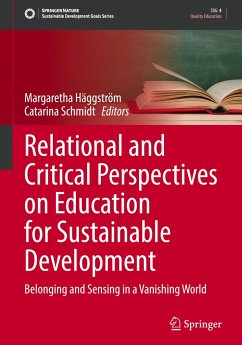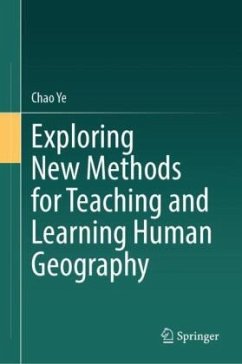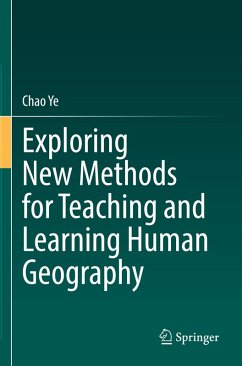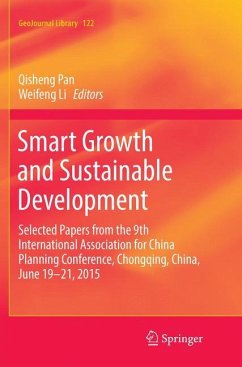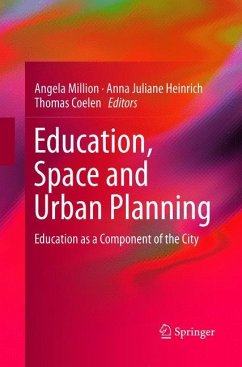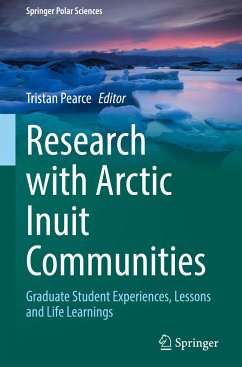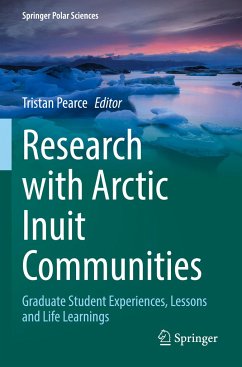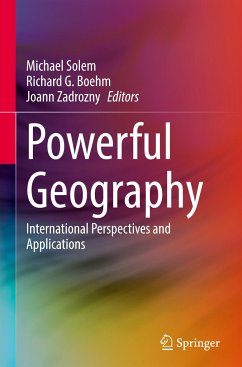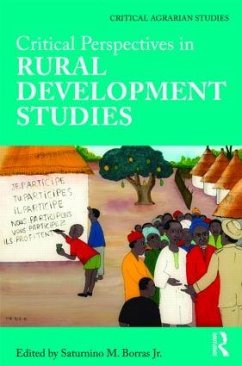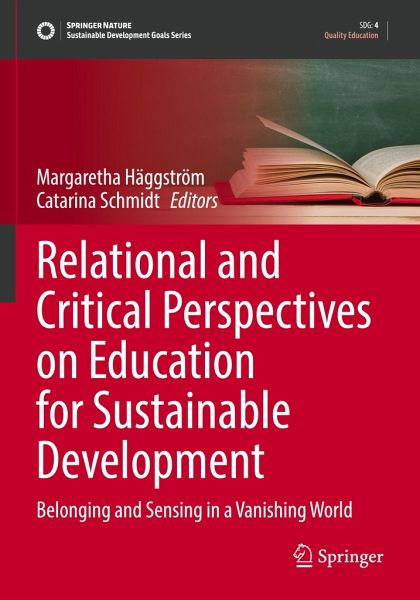
Relational and Critical Perspectives on Education for Sustainable Development
Belonging and Sensing in a Vanishing World
Herausgegeben: Häggström, Margaretha; Schmidt, Catarina
Versandkostenfrei!
Versandfertig in 6-10 Tagen
106,99 €
inkl. MwSt.

PAYBACK Punkte
53 °P sammeln!
This volume focuses on the fourth Sustainable Development Goal (SDG), education, to look at sustainability from various angles with the purpose of challenging preconceptions about what sustainable education might entail and how it should be conducted. To this end, the book assembles scholars from various research fields and disciplines, who are willing to be at the cutting edge regarding sustainability and education on all levels with students in the ages of 6-15. Through this approach, the text points towards a "wild pedagogy" in line with post-sustainable thinking. This involves agency and t...
This volume focuses on the fourth Sustainable Development Goal (SDG), education, to look at sustainability from various angles with the purpose of challenging preconceptions about what sustainable education might entail and how it should be conducted. To this end, the book assembles scholars from various research fields and disciplines, who are willing to be at the cutting edge regarding sustainability and education on all levels with students in the ages of 6-15. Through this approach, the text points towards a "wild pedagogy" in line with post-sustainable thinking. This involves agency and the role of nature itself as a co-educator, and promotes cultural changes, and explorative processes of finding "the wild" - the unknown, and complexity in nature - and thus of challenging the human need for control. This approach is also, in line with the 2030 Agenda, an attempt to move from advocating predetermined behavioural change to embracing a pluralistic perspective on sustainability, based on holistic views on education. Such views include curiosity, wonderment, compassion and agency as guiding lights.
The book is structured into three sections, based on three interrelated strands. These strands are, in various ways, dependent on one another and further engaged with bringing education theory and practice together. These strands are 1) Belonging and sensing, 2) Critical thinking, social justice and action competence, and 3) Creating hope in a vanishing world. These strands aim to increase our access to and understanding of the ways in which sustainability can be integrated into education and why. The purpose of the text is to encourage educators of all kinds and levels, as well as scholars in different fields, to explore new perspectives on education for sustainable development. The book examines probes in diverse academic fields and focuses on how to combine different approaches andcontent, and therefore everyone interested in interdisciplinary and cross-curricular teaching and learning should find this work enlightening.
The book is structured into three sections, based on three interrelated strands. These strands are, in various ways, dependent on one another and further engaged with bringing education theory and practice together. These strands are 1) Belonging and sensing, 2) Critical thinking, social justice and action competence, and 3) Creating hope in a vanishing world. These strands aim to increase our access to and understanding of the ways in which sustainability can be integrated into education and why. The purpose of the text is to encourage educators of all kinds and levels, as well as scholars in different fields, to explore new perspectives on education for sustainable development. The book examines probes in diverse academic fields and focuses on how to combine different approaches andcontent, and therefore everyone interested in interdisciplinary and cross-curricular teaching and learning should find this work enlightening.



